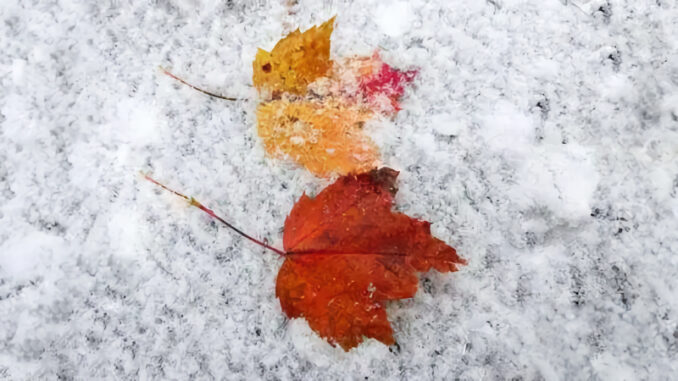
MONTVALE, N.J.—Montvale’s share of costs under its shared Department of Public Works agreement with River Vale will rise by approximately $300,000 in 2025, according to a newly amended pact quietly approved in June.
The agreement—described as the “second amendment” to the original 2014 agreement and its 2019 revision—accounts for rising service costs, population shifts, and findings from a jointly funded consultant study. Montvale will pay a base fee of $2.26 million, increasing 2% annually, with a full reset every three years based on River Vale’s actual DPW expenditures.
Montvale’s share of operating costs is set at 48.1%, based on a formula that considers each town’s share of total households and population, with adjustments for high-density apartment growth.
River Vale Township Administrator Gennaro Rotella said the change reflects “a complex formula that apportions costs between the two towns,” adding that overall service costs have increased.
The Pascack Valley DPW remains Bergen County’s only shared municipal public works department. Montvale dissolved its independent DPW in 2014, with officials at the time projecting $400,000 in annual savings—though total savings to date remain unclear.
The updated agreement also called for reconvening an Advisory Committee by July 1 to address DPW staffing and salary adjustments and review action items from a 2024 consultant report.
Reflecting on the 2019 revision, current Montvale Borough Administrator Joe Voytus, who served as borough attorney at the time, said “It was all about being on the same page with expenses.”
He added that the cost-sharing formula is based on population and households, and can be reviewed and revised every three years, starting in 2023, then again in 2026 and 2029.
The new pact also affirms the Snowstorm Trust Fund, created after a 2018 billing dispute between the towns. That fund, originally seeded with $50,000 from each town, helps cover unplanned storm expenses once annual budgets are exhausted.
